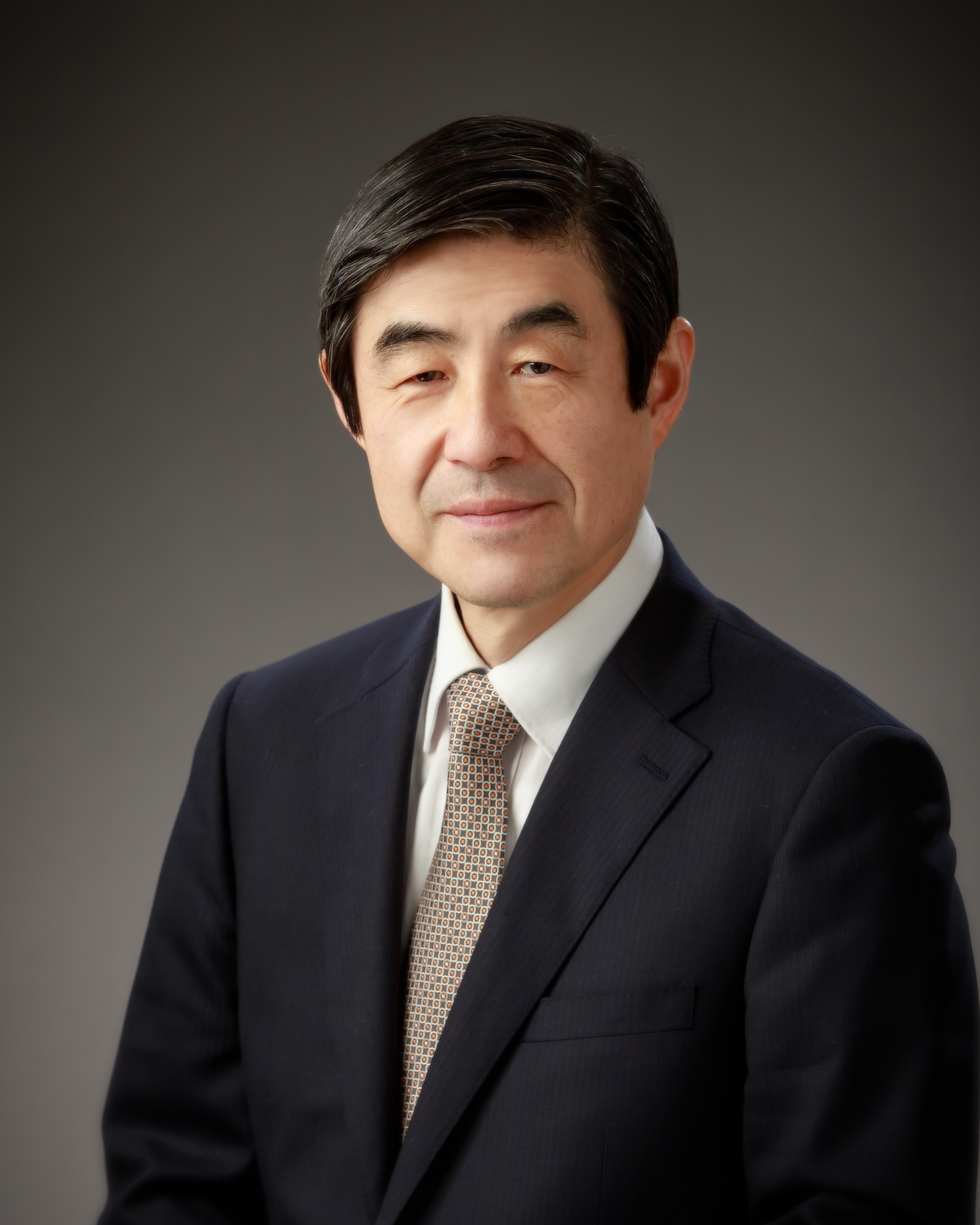Welcome to the Hakubi Center website.
I am Yoshinobu Takakura, and was appointed as the new Director of the Hakubi Center on April 1, 2023. I retired from the Graduate School of Pharmaceutical Science at the end of the academic year of 2022, and have been appointed as a successor to the former Director Akihiko Akamatsu. He served as Director of the Hakubi Center for five years from April 2018 until his retirement at the end of March 2023. He has led the activities of the Hakubi Center for long time, and made a great contribution to the development of young researchers. I would like to take this opportunity to show deeply appreciation for his many years of hard work.
The Hakubi Center for Advanced Research was established as the Young Re-searcher Development Center in September 2009, and we managed to welcome 19 Global Type Hakubi researchers including 8 of female in 2024. With the start of the university-wide LEDER project by MEXT in 2016, we have established a new employment quota for Leading Initiative for Excellent Young Researchers to appoint as a Tenure-track Type and have been recruiting Global Type through an open recruitment process based on the conventional Kyoto University Hakubi Project. Moreover, since our university celebrated its 125th anniversary in 2022, we have expanded the recruitment quota for Global Type in the project to aim of further enhancing our Young Researcher Support Project. As a result, the total number of researchers appointed before is 256 (236 Global Type and 20 Tenure-track Type) including those scheduled to be employed this academic year. On the other hand, there will be 12 researchers who either the completion of the full term or moved out to the other institutions during the term by the end of March 2024, because of this bringing the total 167 Global Type have graduated our project for the moment. From April 2025, a total of 72 researchers (69 Global Type and 3 Tenure-track Type) will develop unique research in their respective fields.
As you all know, one of the characteristics of the Hakubi Project lies in bringing together young researchers from a wide variety of specialized fields, who inspire and challenge each other through daily intellectual exchange, and develop their research with a view to the future of the world. Another characteristic is that it provides young researchers with time to devote themselves to their research by establishing a relatively long term of five years and guaranteeing a certain amount of research funding. It is my strong hope that every Hakubi researcher will effortlessly transcend existing fields of expertise and demonstrate their abilities in creating and developing new academic worlds.

From beginning of 2020, the global infectious spread of Covid-19 for more than three years had an enormous impact on our project. Hakubi researchers were placed in a difficult situation where they could hardly conduct survey research at overseas institutes, also were unable to attend field surveys, and interfered with international joint studies. Hakubi Seminars and Hakubi Day which researchers have regularly organized as well as the annual Hakubi Camp and Annual Report Meeting have all been forced to be held remotely or as a limited hybrid. Even under these circumstance researchers’ enthusiasm and curiosity for their research have not diminished at all, and their research has been continued as before. On May 8, 2023, after Golden Week Holidays, Covid-19 made reclassified from Class 2 to Class 5 the same as seasonal influenza by the legal measures. Around this time their overseas research activities have been resumed, and the face-to-face interdisciplinary Exchange of Different Martial Arts which has been a proud feature of the Hakubi Project to date is also gradually reviving.
Despite the a difficult journey mentioned above, thanks to the support of everyone involved, the Hakubi Center was able to celebrate its 15th anniversary in the 2024 fiscal year. In January 2025, we held a commemorative ceremony and symposium, where we reflected on the Hakubi Project’s journey with approximately 180 participants from both within and outside the university, and renewed our commitment to further development.
The Hakubi Project aims to further enhance it to support the next generation of researchers at Kyoto University, and additionally focusing on supporting promising young researchers particularly, we would also like to help increasing the number of excellent female ones as well. Implementing new projects, it is necessary to support us from everyone inside and outside of the university. In January 2024, we launched the “The Hagukumi Fund for Outstanding Young Researchers”, and are working hard to attract more interest from everyone. We have been able to develop our project smoothly until now because of all your understanding and cooperation in the operation of our center. I would like to take this opportunity to express my sincere gratitude for your support thus far, and ask for additional continuous support for our projects.